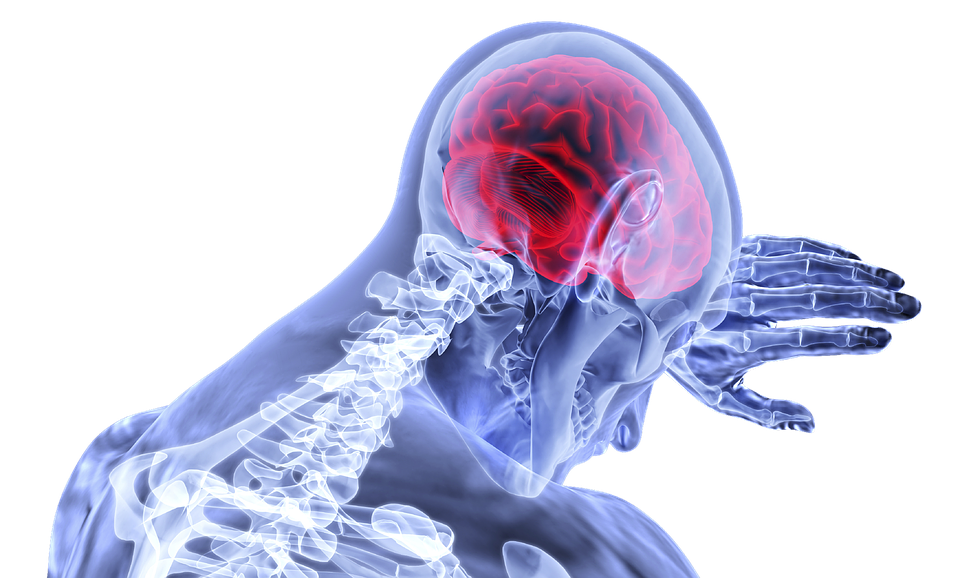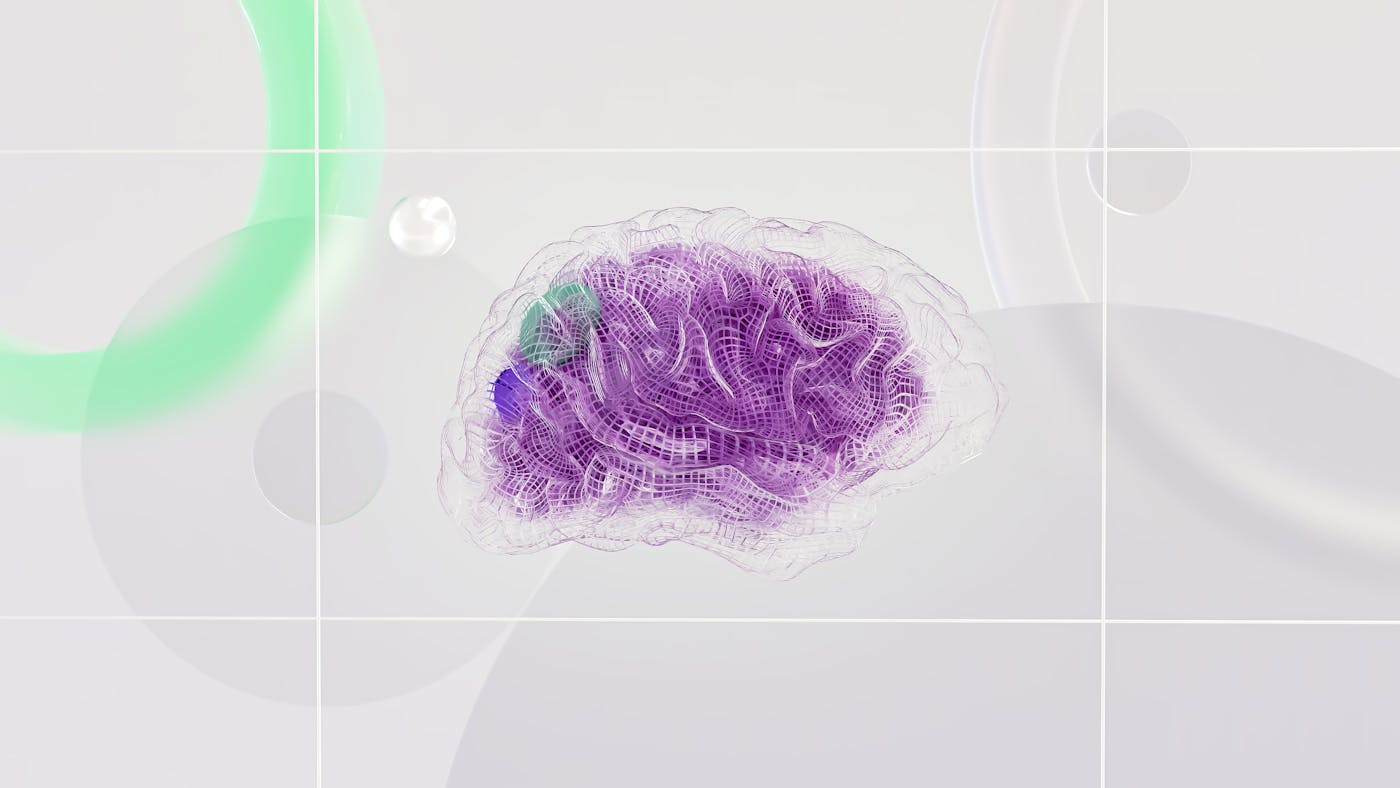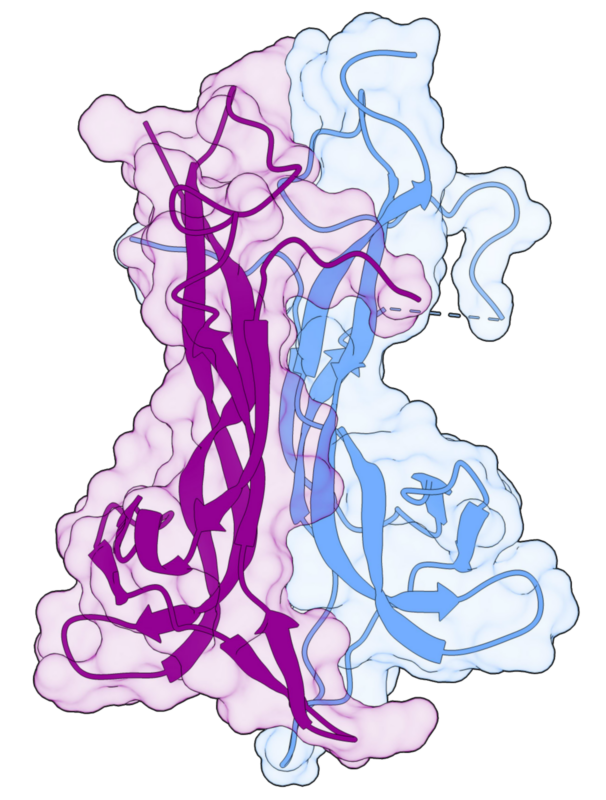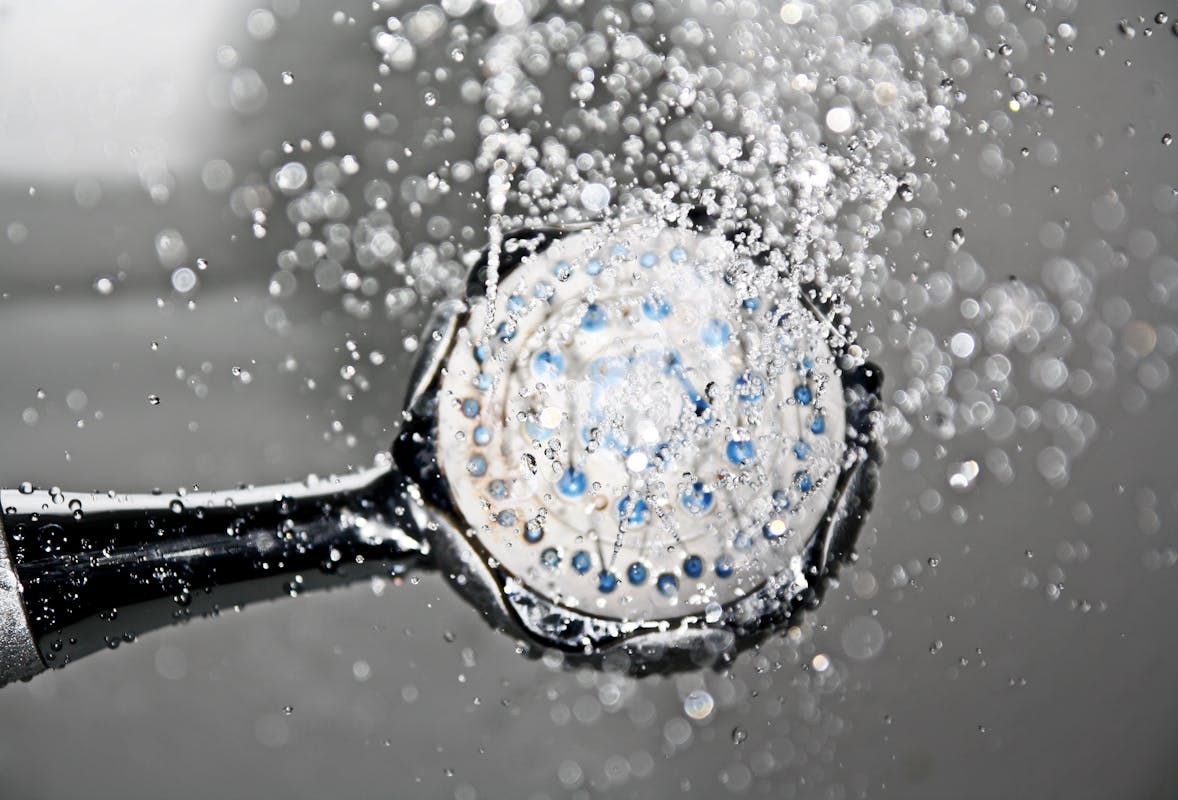Articles, Science & Studies
The Brain Benefits of Cold Water Therapy: 5 Mental Health Benefits
Overview
Table of Contents
Introduction
Cold water therapy, an age-old practice that involves immersing oneself in cold water or using cold showers, has surged in popularity in recent years. Endorsed by wellness enthusiasts and athletes alike, this therapeutic method offers profound physical and mental health benefits. While much of the buzz has focused on its impact on muscle recovery and immunity, its remarkable effects on the brain are gaining recognition. Let’s explore how cold water therapy can boost mental health, sharpen cognition, and alleviate stress—backed by scientific evidence.

How Cold Water Therapy Impacts the Brain
1. Enhances Mood and Reduces Symptoms of Depression

Cold water therapy can act as a natural antidepressant. Exposure to cold water stimulates the sympathetic nervous system and increases the release of endorphins—feel-good hormones that alleviate pain and enhance mood. Furthermore, cold water immersion activates the vagus nerve, which plays a key role in regulating mood and emotional resilience.
A study published in Medical Hypotheses suggested that the stimulation of cold receptors on the skin can send a rush of electrical impulses to the brain, potentially boosting mental clarity and alleviating depressive symptoms. The research also indicates that regular cold exposure may reset the brain’s response to stress, creating a more balanced mental state. 1
2. Improves Cognitive Function

Cold water therapy may help sharpen focus and memory. When exposed to cold, the body increases the production of norepinephrine, a hormone and neurotransmitter associated with attention, focus, and the formation of memories. Elevated levels of norepinephrine have been linked to improved cognitive performance and protection against age-related mental decline.
A study conducted by researchers at Cambridge University found that cold water swimming could enhance mental alertness and potentially slow down neurodegenerative diseases like Alzheimer’s. Participants showed an increase in RBM3, a brain-protective protein, which could play a role in preserving neural health. 2
3. Reduces Inflammation in the Brain

Chronic inflammation in the brain has been linked to numerous mental health disorders, including anxiety and depression. Cold water immersion can help combat inflammation by triggering the body’s natural anti-inflammatory processes. By reducing inflammatory markers such as TNF-alpha and IL-6, cold water therapy promotes a healthier, more balanced immune response.
Research highlighted in the International Journal of Circumpolar Health found that regular cold exposure could modulate the immune response and mitigate systemic inflammation, indirectly benefiting mental health. 3
4. Relieves Stress and Promotes Relaxation

Cold water therapy has shown significant potential as a stress reliever due to its ability to activate the parasympathetic nervous system, often referred to as the body’s “rest and digest” mode. By exposing the body to cold temperatures, individuals experience a physiological response that helps reduce cortisol levels, promoting relaxation and calmness. Over time, the body adapts to the stress of cold exposure, building resilience to both physical and psychological stressors.
A randomized controlled trial published in Current Psychology explored the effects of cold exposure combined with breathing techniques. Participants engaging in these practices demonstrated lower perceived stress levels and enhanced overall well-being compared to the control group. This process aligns with the concept of hormesis, where controlled exposure to stressors strengthens the body’s ability to cope with broader challenges (Springer Study).
5. Supports Neuroplasticity and Adaptability

Cold water therapy may enhance neuroplasticity, the brain’s ability to adapt and reorganize itself by forming new neural connections. Neuroplasticity is crucial for learning, memory, and recovery from mental health challenges such as anxiety and depression. Exposure to cold water acts as a controlled stressor, stimulating the release of brain-derived neurotrophic factor (BDNF), a protein that promotes the growth and survival of neurons.

Research published in the Journal of Neuroscience Research (PMCID: PMC6411820) highlights how cold exposure enhances neuroplasticity, including adult hippocampal neurogenesis (AHN), which plays a critical role in cognitive flexibility and emotional resilience. The study demonstrates that cold challenges activate neurogenic pathways such as notch signaling and adrenergic beta receptor-1 expression, fostering hippocampal adaptability and growth.
Wrapping Up
Cold water therapy offers a unique and science-backed way to improve brain health and mental well-being. From lifting mood and enhancing cognitive function to reducing stress and inflammation, the mental benefits are both profound and accessible. While initial exposure may feel uncomfortable, the long-term rewards make it a practice worth exploring.
Breatheology Courses
Learn and master conscious breathing through our online breathwork courses. Discover how simple yet powerful breathing techniques can help reduce stress, improve your mental clarity, and boost your physical performance.
Free Breathwork Courses
Kickstart your breath training journey with our free, step-by-step breathing programs designed to help you improve lung capacity, manage stress, and build focus.
Advanced Breathwork Training
Take your breathing mastery to the next level with our advanced breathwork training programs. Build resilience, enhance your endurance, and unlock greater physical and mental performance.
References
- Shevchuk, N. A. (2008). Adapted cold shower as a potential treatment for depression. Medical Hypotheses. Link
- Farcy, A. et al. (2020). The neuroprotective potential of RBM3 in cold-water swimmers. The Journal of Physiology. Link
- Watanabe, T. et al. (2013). Cold-water immersion reduces inflammation markers. International Journal of Circumpolar Health. Link
- Springer (2022), The positive effects of combined breathing techniques and cold exposure on perceived stress: a randomised trial Link
- Adult Hippocampal Neurogenesis Can Be Enhanced by Cold Challenge Independently From Beigeing Effects Link
